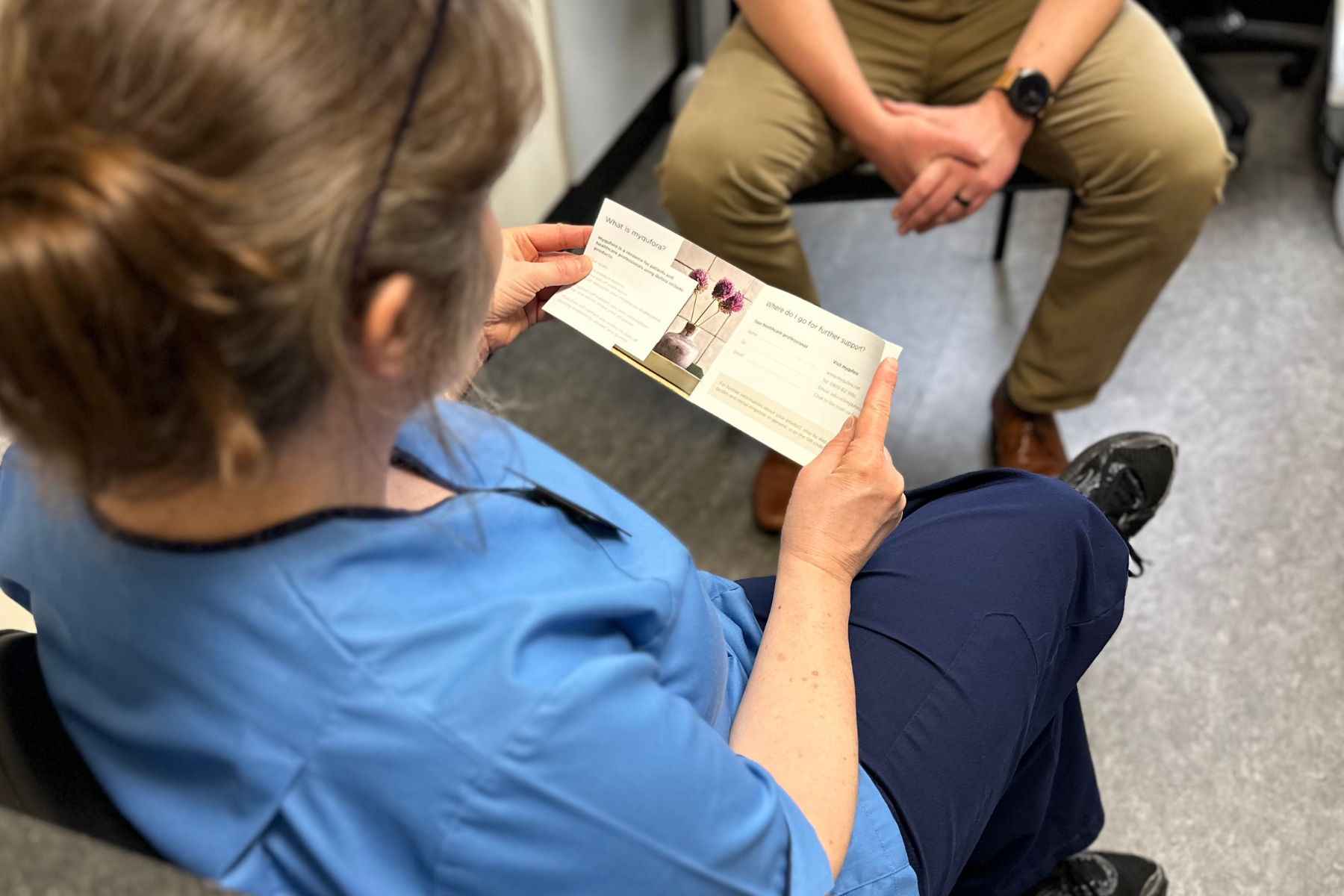Deborah Sumner, Colorectal Specialist Nurse, Colorectal Multidisciplinary Team at West Hertfordshire NHS Trust
Lower Anterior Resection Syndrome (LARS) refers to a myriad of bowel control issues for many patients who have Anterior Resection Surgery with a temporary ileostomy, after that ileostomy is reversed.
Like many Trusts around the country, there was a lack of advice and support for patients who found themselves trying to manage these issues. Sadly, social media tends to highlight the horror stories of bowel dysfunction and also the lack of support available countrywide.
The impact on patient’s day to day life is huge and the lack of support we were able to offer felt like a failure of service provision that clearly needed to be addressed. However, many of the usual approaches at that time were conservative, so provided management advice only, rather than attempting to prevent issues before they occurred.
The Watford LARS Pathway is a new approach to managing LARS; providing a pro-active approach, involving the patient ahead of reversal surgery, using the Qufora IrriSedo MiniGo system to help train the bowel to retain its contents using a small volume of water instilled into the bowel on a daily basis. This gives patients the ability to defer opening their bowels post reversal surgery. Outcomes for these patients have been greatly improved with many finding their bowel control after reversal surgery exceeds their expectations.
The availability of a specialist nurse who can support them and is available to them on the telephone and also in a clinic setting receives great feedback with many patients saying that having someone to talk to is also of great benefit to them.








